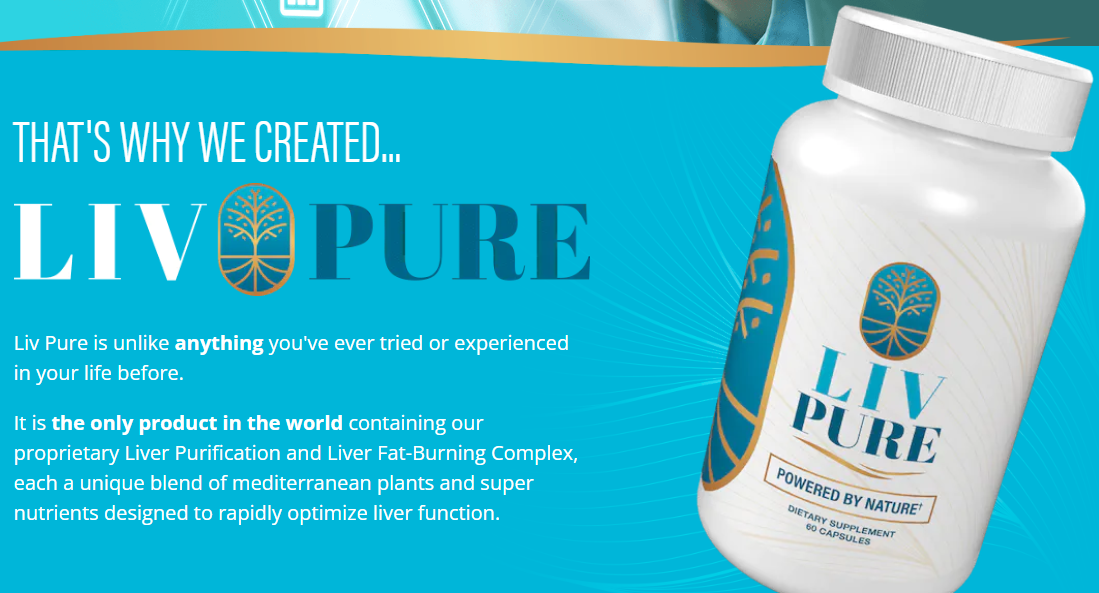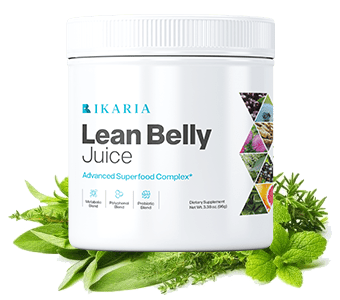Losing weight is a common goal for many people, but with the abundance of diets and weight loss programs available, it can be challenging to know where to start. The key to successful and sustainable weight loss is adopting a healthy diet plan that not only helps you shed pounds but also promotes overall well-being. In this comprehensive guide, we will explore the best practices for creating a healthy diet plan for weight loss.
A healthy diet plan for weight loss is not about deprivation or extreme measures. Instead, it’s about making sustainable, balanced choices that support your overall well-being while helping you achieve your weight loss goals. By setting realistic goals, understanding your caloric needs, and prioritizing whole, nutritious foods, you can embark on a successful and lasting weight loss journey. Remember that patience and consistency are key, and always consult with a healthcare professional before making significant dietary changes.
Set Realistic Goals
Before embarking on any weight loss journey, it’s crucial to set realistic and achievable goals. Rather than focusing solely on the number on the scale, consider other factors like improved energy levels, better sleep, and enhanced overall health. This broader perspective can help you stay motivated and maintain your weight loss in the long term.
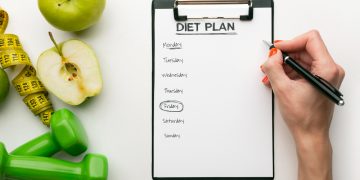
Start by setting achievable and specific weight loss goals. Aim for a gradual and steady rate of weight loss, typically 1-2 pounds per week. This approach is more sustainable and healthier in the long run.
Understand Your Caloric Needs
Weight loss fundamentally revolves around the concept of calories in versus calories out. To create a healthy diet plan, you need to understand your daily caloric needs. This can be calculated based on factors such as age, gender, activity level, and current weight. Online calculators and consultations with healthcare professionals can help determine your optimal calorie intake.

Determine your daily calorie needs based on factors such as age, gender, activity level, and weight loss goals. You can use online calculators or consult with a healthcare professional to get an accurate estimate.
Emphasize Whole Foods
A healthy diet plan for weight loss should primarily consist of whole foods. These include fruits, vegetables, lean proteins, whole grains, and healthy fats. Whole foods are nutrient-dense and provide essential vitamins, minerals, fiber, and antioxidants, which are vital for overall health and weight management.

Prioritize whole, unprocessed foods in your diet. These include fruits, vegetables, lean proteins, whole grains, nuts, and seeds. Whole foods are nutrient-dense and help you feel fuller longer.
Portion Control
Controlling portion sizes is essential for calorie management. Even healthy foods can lead to weight gain if consumed excessively. To avoid overeating, consider using smaller plates, measuring portions, and practicing mindful eating by savoring each bite and listening to your body’s hunger cues.
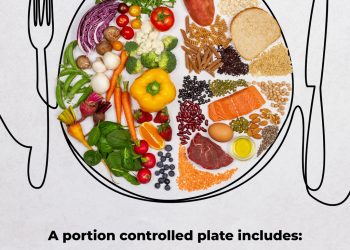
Pay attention to portion sizes to avoid overeating. Using smaller plates, measuring your portions, and being mindful of serving sizes can help you manage your calorie intake effectively.
Prioritize Protein
Protein is an essential component of a healthy diet plan for weight loss. It helps increase feelings of fullness, preserves lean muscle mass, and boosts metabolism. Incorporate lean protein sources such as chicken, turkey, fish, tofu, beans, and legumes into your meals to support your weight loss goals.
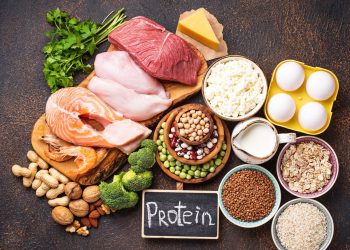
Include lean protein sources in your meals to help control hunger, preserve muscle mass, and support metabolism. Good sources of protein include chicken, turkey, fish, tofu, legumes, and low-fat dairy products.
Include Fiber-Rich Foods
Fiber-rich foods like whole grains, vegetables, and fruits are excellent choices for weight loss. They not only promote feelings of fullness but also aid digestion and stabilize blood sugar levels.
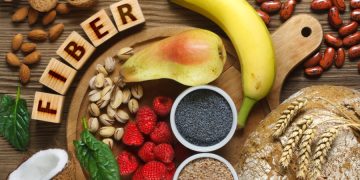
Aim to include a variety of fiber sources in your diet to maintain a balanced intake. A balanced intake of macronutrients: carbohydrates, proteins, and fats. A balanced diet can help you feel satisfied and provide essential nutrients for overall health.
Limit Processed Foods and Sugars
Processed foods and added sugars can contribute to weight gain and health issues. Reduce your consumption of sugary beverages, sweets, and highly processed snacks. Opt for whole, natural sweeteners like honey or maple syrup when needed, and choose whole, unprocessed foods whenever possible.
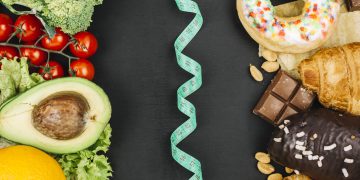
Minimize your consumption of added sugars, sugary beverages, and highly processed foods. These items can contribute to weight gain and health issues.
Stay Hydrated
Proper hydration is often overlooked in weight loss plans. Drinking enough water can help control appetite, support metabolism, and enhance overall well-being. Aim for at least eight glasses (64 ounces) of water per day, and consider replacing sugary drinks with water or herbal teas.

Staying hydrated is crucial for overall health and can also help control appetite. Sometimes, thirst can be mistaken for hunger, so aim to drink water throughout the day.
Plan and Prep Meals
Meal planning and preparation can be powerful tools for weight loss. By preparing healthy meals in advance, you can avoid impulsive, unhealthy choices. Plan your meals, create a shopping list, and cook nutritious dishes that align with your goals.
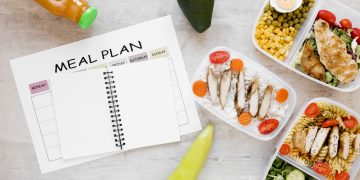
Plan your meals and snacks in advance. Prepare healthy options, so you’re less likely to make unhealthy choices when you’re hungry and in a rush.
Be Mindful of Snacking

Snacking can be a downfall for many in their weight loss journey. Opt for healthy, portion-controlled snacks like nuts, Greek yogurt, or cut-up vegetables when needed. Avoid mindless eating while watching TV or working at your desk.
Incorporate Physical Activity

While diet plays a significant role in weight loss, physical activity is also essential for overall health and calorie expenditure. Find a physical activity you enjoy, whether it’s walking, jogging, swimming, or dancing, and incorporate it into your routine.
Monitor Progress

Tracking your progress can help keep you motivated and accountable. Consider keeping a food journal, using a fitness app, or taking regular measurements. Celebrate your achievements, no matter how small, to stay motivated on your journey.
Conclusion
A healthy diet plan for weight loss is not about deprivation or extreme measures. Instead, it’s about making sustainable, balanced choices that support your overall well-being while helping you achieve your weight loss goals. By setting realistic goals, understanding your caloric needs, and prioritizing whole, nutritious foods, you can embark on a successful and lasting weight loss journey. Remember that patience and consistency are key, and always consult with a healthcare professional before making significant dietary changes.


